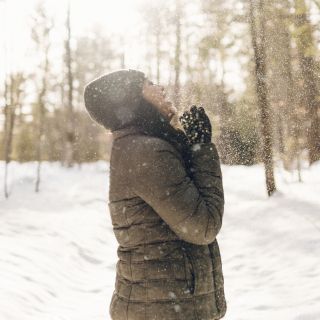Living and ministering as a missionary in bush Alaska has its hardships and difficulties. You learn many new skills and things you never had to do before. Such as how never to leave the snow trail in spring. Which boots to wear for which season (yes, this is a skill). Work mud boots, light mud boots, snow boots, bunny boots, spiked boots, and town boots. The same goes for jackets, hats, and gloves. Who knew you needed five different types of clothing for one 9-month-long season. Anyway, the reason for all this is to say that some things are unique to village mission work and life in rural fields like Alaska.
Here are ten things I never would have said if not for this beautiful place we live:
1. I fly more than I drive. I should preface this by saying drive a car. We operate a lot of 4-wheelers and snow machines, but not cars. Our village is a 1.5 to 3-hour plane ride, depending on whether you take the mail route. So, we only go to town if we have to. Not only that, but the most efficient way to visit other villages around us is by plane. So yeah, lots of fly time!
2. Sure, I have been bitten by a fox. A funny thing is that this isn't uncommon here. There was a fox in town, and a couple of years ago, one was following someone downtown and tried to bite their behind. That's not my story; mine happened out trapping with one of my daughters, but all is well, just bruising, so no rabies shot needed!
3. I'm an adventurous eater. I love to try new things. Some of the things I've enjoyed trying are pickled moose nose, moose guts, fish heads, and moose head soup. I wouldn't mind trying some other foods, too: pickled beaver feet, cooked fish guts, raw frozen fish dipped in seal oil (this sounds amazing to me!).
4. Forty below isn't that cold. The ability to adapt to your surroundings is a fantastic thing. Also, I know how to dress right. When it is forty below for a few months, it gets really comfortable to work in. It makes it so that anything warmer feels too hot, and at -20 degrees F, you wish it would cool back down a little.
5. Lynx meat tastes like turkey. While this is a very true statement, I still could not get past the whole eating-a-cat thing. So there ya go.






